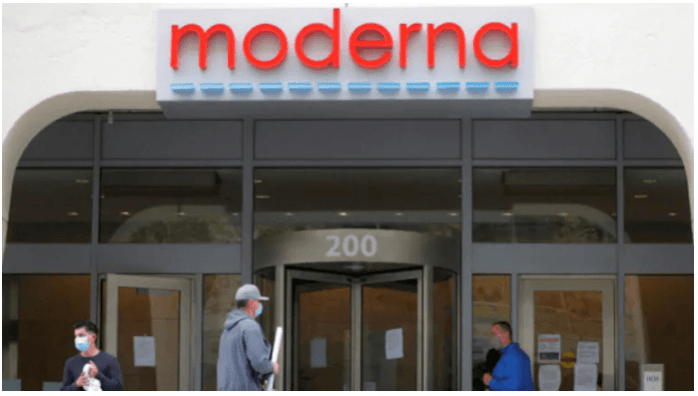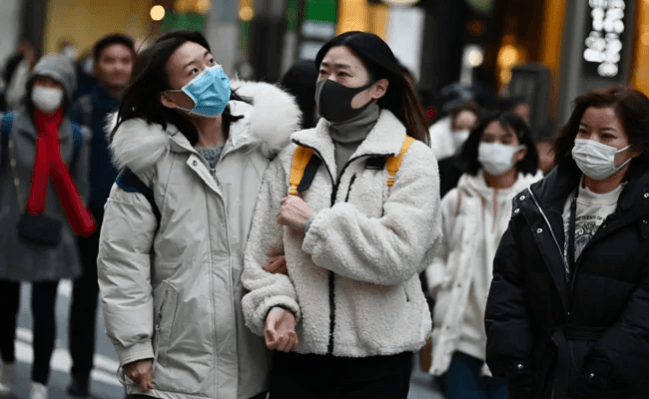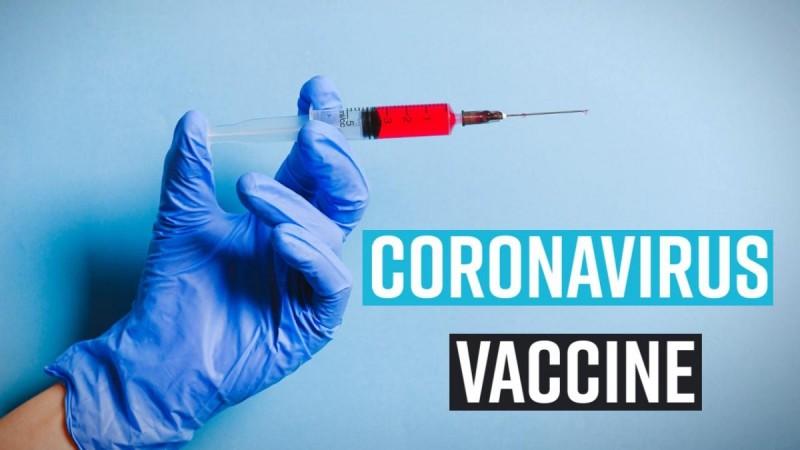Pharmaceutical majors across the globe are advancing rigorously amid a cut-throat competition to come up with a vaccine that beats the COVID-19 virus with the maximum effectiveness and least side effects. Some of them, including Pfizer, Moderna, Sputnik and Oxford, have even announced their vaccines to be almost around 90 per cent effective in phase 3 trials and witnessing the rate of infection surge rich countries have staked their claim to the first doses. In that case, will the less developed nations have to pool their resources in buying large volumes of doses or ask powerhouses for donations?
European Union's recent deal with US-based Moderna raises exactly the above concern that experts had earlier warned against. The European Commission said on Tuesday that it has reached an agreement to buy up to 160 million doses of the COVID-19 vaccine from US-based Moderna.

Moderna is the second company to announce promising results from large-scale, phase 3 trials of their messenger RNA (mRNA) vaccine candidate. The biotech company, based in Cambridge Massachusetts, announced on November 16 that its vaccine had shown a 94.5 percent efficacy rate at preventing COVID-19.
Its news came one week after Germany's BioNTech (BNTX) and its US partner Pfizer (PFE) announced that their vaccine, also using mRNA technology, was more than 90 percent effective in phase 3 trials.
The British government announced last week that it had reached a supply deal with Moderna for 5 million doses, which it expects to receive in spring 2021.
The European Commission's contract with Moderna covers the initial supply of 80 million doses and the option to buy an extra 80 million.
That is the sixth vaccine-supply agreement signed by the EU, including 300 million doses from BioNTech/Pfizer and 225 million doses from Germany's other leading vaccine biotech CureVac (CVAC). It also has agreements with AstraZeneca (AZN.L), Sanofi-GSK (SNY) and Janssen Pharmaceutica, pending regulatory approval of their vaccines.
The European Commission is buying the vaccine doses on behalf of all 27 EU member states, but the states can also decide if they want to "donate the vaccine to lower and middle-income countries or to redirect it to other European countries".
Vaccine nationalism and subsidies
European Commission president Ursula von der Leyen recently said in an article for The Economist that world leaders needs to avoid 'vaccine nationalism' in the rush to get their own citizens protected from coronavirus.
On Tuesday, Von der Leyen said that the Commission and EU countries have contributed €800m (£711m, $948m) to the COVAX initiative, which will go towards buying vaccines for poorer countries.



At the G20's virtual conference last weekend, German chancellor Angela Merkel expressed her concern that rich nations were buying up vaccines in bilateral deals, and that poorer countries stand to miss out.
In April, the public-private vaccine partnership GAVI launched the COVAX initiative. COVAX aims to pool nations' purchasing power – and donor funding – to secure a minimum number of affordable vaccines for participating countries through what is called an advanced market commitment. So far, COVAX has secured a possible 700 million potential doses of COVID-19 vaccines, outpacing even the UK, Japan and Canada, according to Duke University.

As part of COVAX, poor countries will pay a subsidized price of up to $4 for a two-dose vaccine. Initially, COVAX promised free vaccines to low-income countries, but a September decision by GAVI's board opted to introduce a cost-sharing plan with countries. Still, GAVI says there is some flexibility in this requirement and that countries can make a case for why they cannot afford the discounted prices.
Where does India stand on this?
Middle and high-income countries, including India, will pay in full for stocks procured through COVAX. Nations that may have already reserved supplies of some vaccines can also opt to use COVAX to buy doses they were not able to secure through bilateral deals.
In September, US Republican Senator Thom Tillis introduced the America First Vaccine Act. If signed into law, the act would prohibit the export of any COVID-19 vaccine developed using government funding until firms had met US demand for it.

"Once that vaccine is developed, Americans should get the vaccine first, before it goes to other countries ... ensuring that they receive a return on their investment," Tillis said in a statement.
Now, the brand of vaccine nationalism behind Tillis' proposed legislation is not new. During the 2009 H1N1 flu outbreak, high-income countries, who were able to produce vaccines refused to export them until their domestic needs were met, researchers wrote in 2019 in the healthcare journal The Milbank Quarterly.
In case of a new pandemic, COVID-19 brings with it similar and decidedly old problems when it comes to vaccines – and the world is looking to a decades' old solution to help.













